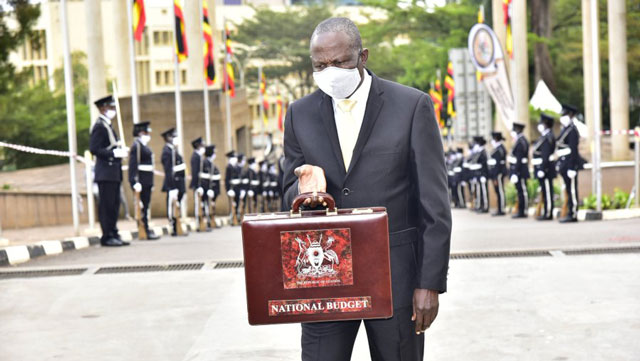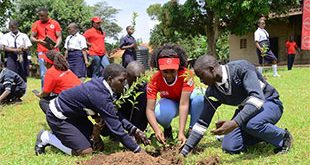
Kampala, Uganda | THE INDEPENDENT | Uganda has once again dropped in Open Budget Survey ranking owed to low public participation in the budgeting process.
The survey carried out by Uganda Debt Network in partnership with the US-based International Budget Partnership shows that Uganda recorded an average score of 58 out of 100, implying that public availability of budget information remains limited.
This placed Uganda as the 2nd best country in Africa and the best in East Africa. However, this is the second time in a row that Uganda has recorded a fall in score; 60 in 2017 and 65 in 2012.
Julius Kapwepwe, the Director of Programmes at UDN said the performance could have been attributed to the fact that while there are spaces for citizens to participate in budget process, the results for consultation are not reflected in the final budget priorities.
“Government institutions should ensure that the intended beneficiaries are involved in project design for greater community ownership and impact,” he said.
“In-year reports should show performance including debt performance with specific programs or projects, which is not the case so far. This will improve citizen’s access to updated information on government’s delivery of public services versus budget commitment.”
He added that parliament should systematically allow any member of the public or any civil society organization to testify during hearings on the audit reports.
This development comes as the country plans to begin preparation for another budgeting cycle for the next financial year.
Across the African continent, South Africa had the best score of 87, Kenya (50), Madagascar (40) and Rwanda (49). Comoros scored zero out 100.
Globally, the top performing countries in providing extensive information to the public for scrutiny last year were New Zealand- with 87 score, South Africa (87), Mexico (82), and Brazil (81).
Siragi Magara, Budget Policy Specialist at CSBAG said there’s need for government to come up with a legislation that will ensure that the members of the public are involved in a budgeting process within a specified time frame.
Supported by the finance ministry, UDN and IBP have carried out OBS exercise 7 times since 2006. The exercise is carried out every two years to assess the changes over the stated period in respect to three pillars – Budget Transparency, Public Participation and Budget Oversight in 117 countries.
 The Independent Uganda: You get the Truth we Pay the Price
The Independent Uganda: You get the Truth we Pay the Price



